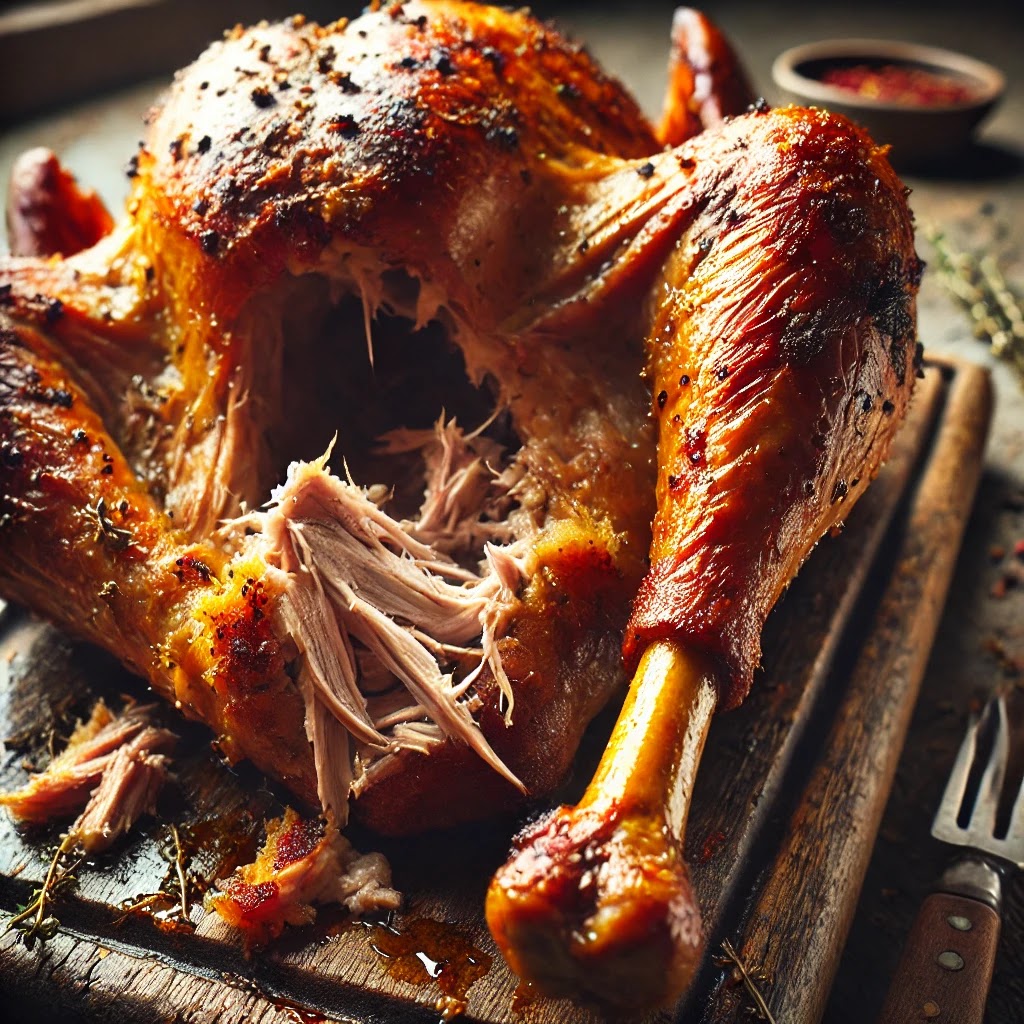"Half the world hates
What half the world does every day
Half the world waits
While half gets on with it anyway..."
The hopeful yet trite saying that most people are good must still be somewhat true, otherwise half of us would always be hating the other half.
[Pause]
Maybe that's not fair, to think that half of America, or half the world, hates the other half. That's an over-simplified view of the human experience, even in the realities of today. However, the history of humankind has shown us again and again how easily others are marginalized and trampled underfoot, usually by those in power and the way the wind blows. Plus, our biological human history has been a continuous struggle between the want of experiencing immediate and irrational gratification and self-preservation, and the painful emotional dissonance of rational evolution.
In other words, we're mostly feeling beings who sometimes think, no matter the amazing human accomplishments throughout history. I certainly raise my hand in full admittance here.
As a species, we have evolved rationally, ethically, and spiritually, and every generation tests this progress by demanding evidence and pointing out how fallible we are. My wife Amy and I are experiencing that right now with both our teen daughters. Two questioning kids on their own paths to independence and their own identities who grapple with the human-condition realities of today.
Our oldest Beatrice currently has an honors World History course that we help quiz her on and we always get the tough ethical questions of why. They're studying World War II now, the Holocaust, and development of the atomic bombs the U.S. dropped on Japan to attempt to end the war. Why were over six million Jewish people exterminated? Why did we kill over 200,000 people with the atomic bombs?
And the list of questions goes on and on. Just like I remember doing when I was a teenager. All the hard questions, all the time, and never feeling satisfied with the answers I received. "Most people are good, and sometimes we do bad things, and God forgives us all."
In my lifetime since, I've always wanted to believe that we've evolved ethically and spiritually, but over time, especially today, I don't think I've ever seen so many poor male and female role models in government leadership, business leadership, and everyday personal leadership who fully embrace, justify, and normalize misogyny, harassment, sexual assault, racism, xenophobia, homophobia, corruption, grift, hate, and violence.
And I go back many decades now. These detrimental ideals are embraced, then denied, and then forgiven. But they never go away. The fragmented and biased media coverage hasn't helped. The constant misinformation hasn't helped (artificial intelligence and automation has fueled this, too). Finding God hasn't helped either and has perpetuated more hate than love. And the questions from our children pile up.
Author
James Baldwin wrote, "I imagine one of the reasons people cling to their hates so stubbornly is because they sense, once hate is gone, they will be forced to deal with pain." That's why I recommend more study of inclusive empathy, understanding, and love,
to be empathic allies, but that would mean folks would have to deal with their pain, the pain of why we hate and what we have to give up and give in to do that, and again, human biology fights that tooth and nail.
Amy and I agree we've been judgmental about others and about current events we've discussed in front of our children, about how we see the world and the poor role models around us (and the good ones too), but it's never done out of malice. Anger and frustration sometimes, but never malice. This is why we've worked on as adults and parents is finding joy in the success of others, of those overcoming obstacles and improving their lives and mental health, and more, and how we can help or support their success. In other words, what it's like to have empathy and understanding where others are at, and why they are where they're at. Something our teens remind us of every single day with their adult commentaries.
Blessings to all those poor role models out there in the world today. I hope some of them can turn it around, for the sake of all our children and grandchildren, and especially for the sake of their own children and grandchildren.
Because think about what all the children and grandchildren see and hear and what it does to them, how it taints their perception of others and the world. We can choose to love and understand, or we can choose to hate and minimize. Of course it's not a simple dichotomy; human experience is definitely more complex than we acknowledge and the gradations of good and bad are gray at best sometimes. Again, we're mostly feeling beings who sometimes think, so let's "get on with it anyway" and think more about how we're feeling, why we're feeling, and what to do about it that's inclusive for everyone.
Amy and I believe we can be better, and we can do better. All our children and grandchildren are counting on us.



